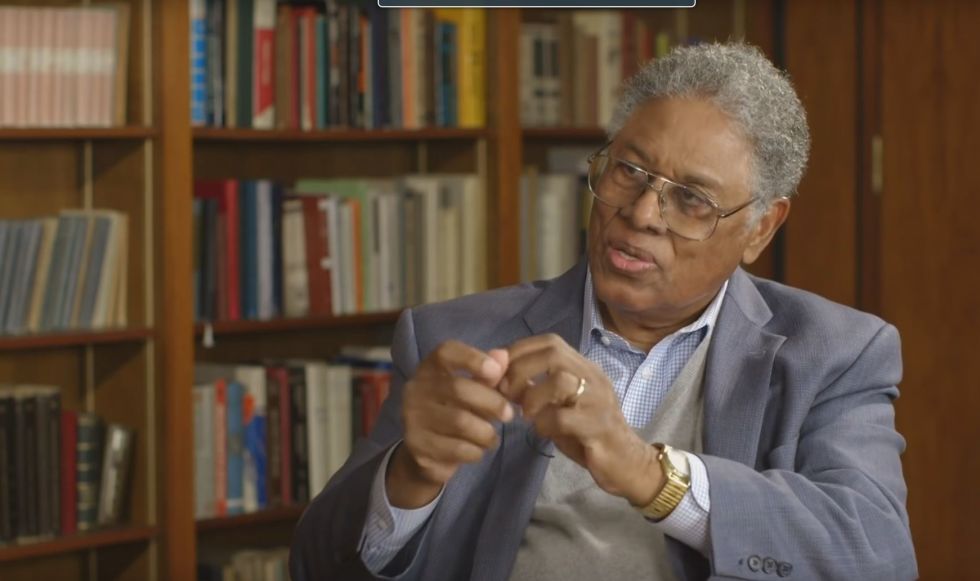One of the beauties of an economy coordinated by price movements is that nobody has to understand it in order for it to work.
If vast new iron ore deposits are discovered tomorrow in Timbuktu, 99 percent of the people on this planet may be wholly unaware of it — and yet the prices of everything from paper clips to automobiles would begin to decline, from Singapore to Seattle. Moreover, people around the world would adjust their behavior in response to this event that they know nothing about.
Many people who were not sure about buying a new car might decide that they could now afford one at the new lower prices. People who were thinking of buying wooden desks could begin to reconsider, when they discovered that steel desks had become much cheaper than they expected.
In short, the whole world would adjust their economic behavior in response to a discovery that most people were wholly unaware of.
This economic benefit of price-coordinated markets is also its biggest political vulnerability. If people don’t understand what is happening, politicians can tell them anything — and get their support to take actions that look good, even when the consequences will be counterproductive.
Political responses to the current high price of gasoline are a classic example. World demand for oil has risen out of all proportion to the amount of oil supplied. That is the problem and prices are a symptom of that problem.
Politicians have long been known for seizing upon immediate symptoms and ignoring underlying causes and consequences. Back in the 18th century Adam Smith wrote of “that crafty animal” the politician, who is preoccupied with “the momentary fluctuation of affairs.”
Politicians are still crafty in the 21st century and still have their eyes on fleeting opportunities to make political hay. The high price of gasoline is the opportunity du jour.
Nothing is easier than to blame high prices on whoever charges those high prices, regardless of what the underlying cause is. It doesn’t matter whether you are talking about Big Oil or little stores in poor, high-crime neighborhoods that charge higher prices growing out of the economic consequences of poverty and crime.
In these and other cases, the economics behind the high prices is of far less interest politically than denouncing the sellers for “greed,” “exploitation,” “gouging” and the whole political vocabulary of undefined rhetoric and unsubstantiated notions.
Much is made of the fact that gasoline prices go up before the higher priced oil is turned into gasoline. What something cost is history, what it is worth now is economics.
Back during the first Gulf War, a speculator bought oil in Venezuela and had it shipped to the United States, in order to profit from the high oil prices brought on by the war. But, by the time his oil tanker reached the United States, the war was over and prices had fallen so much that he couldn’t sell his oil for enough to cover his costs.
What his oil cost him was history. What it was worth now was economics.
Price movements up or down provide incentives for people to consume less or to consume more — and to produce more or produce less. From the standpoint of the economy as a whole, the history of any particular batch of oil is irrelevant.
Prices need to ration all oil according to existing supply and demand. At the same time, prices need to provide incentives to produce more oil or less oil, according to the same supply and demand conditions.
“Windfall” profits and windfall losses are all part of the same adjustment process. If politicians seize the windfall profits and leave windfall losses alone, what that means over a cycle of years is that the average rate of return on oil production falls below what is needed to attract the investments that greater oil exploration and production require.
This is not a matter of economic theory. It is a matter of history documenting thousands of years of politically controlled prices.
Significantly, those who are making the most noise about gasoline price today have the least interest in that history.




